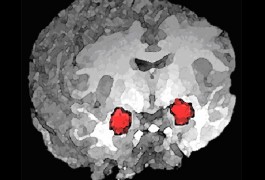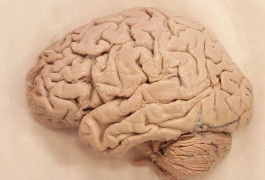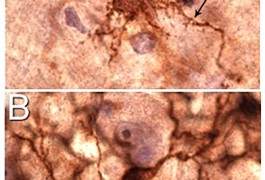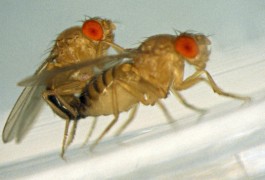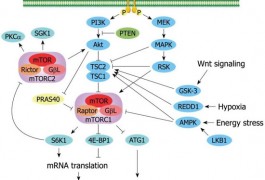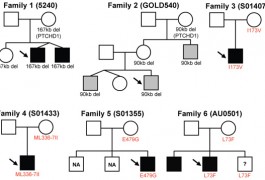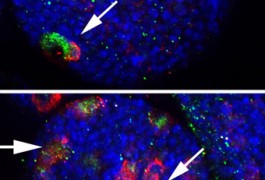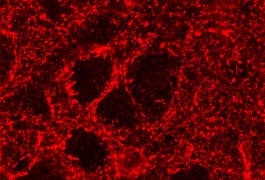Cognition and behavior: Amygdala lesions don’t cause autism
Damage to the amygdala — a region of the brain that regulates emotional processing — does not cause autism, according to a study of two individuals with lesions in the region. The study, published in September in the Journal of Neurodevelopmental Disorders, found that these individuals show no evidence of autism when given multiple diagnostic tests.
